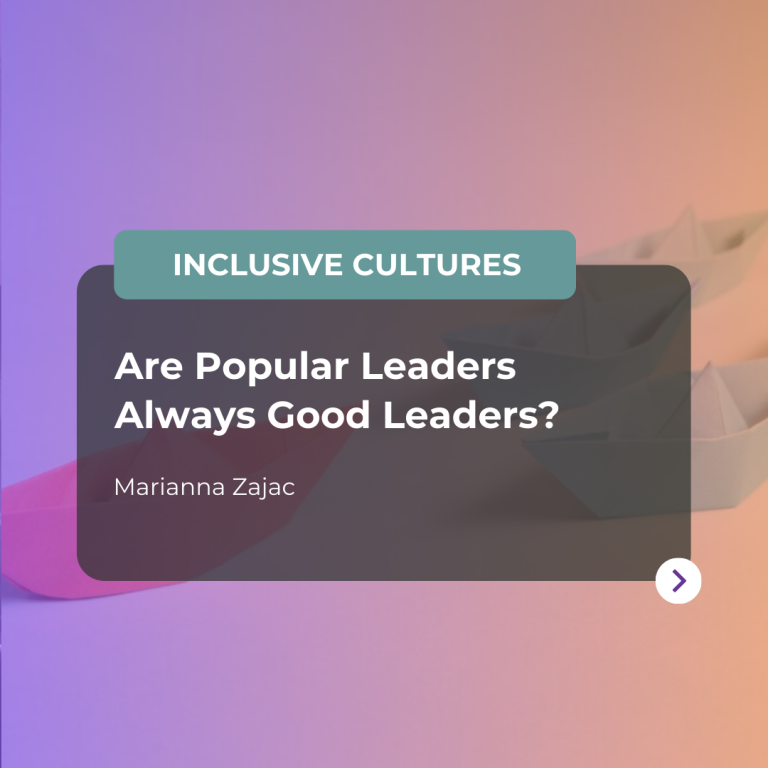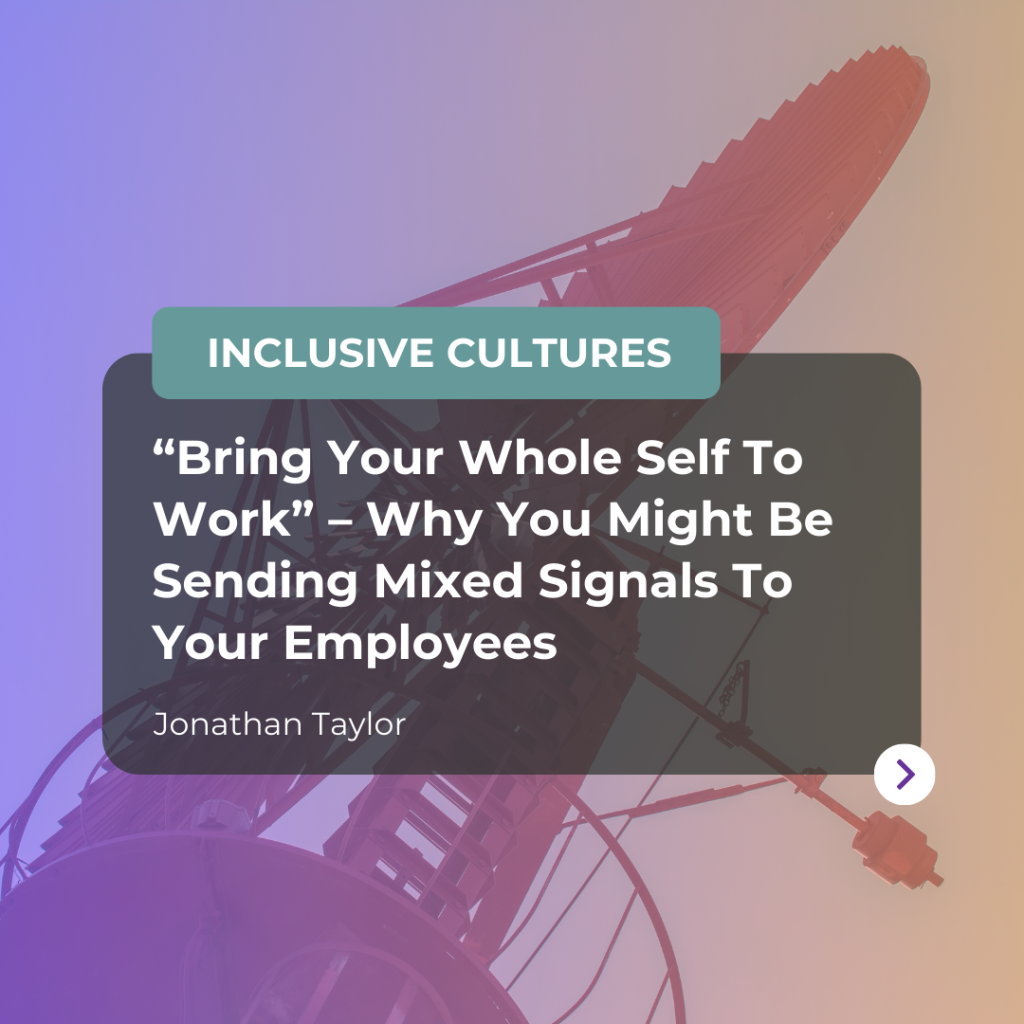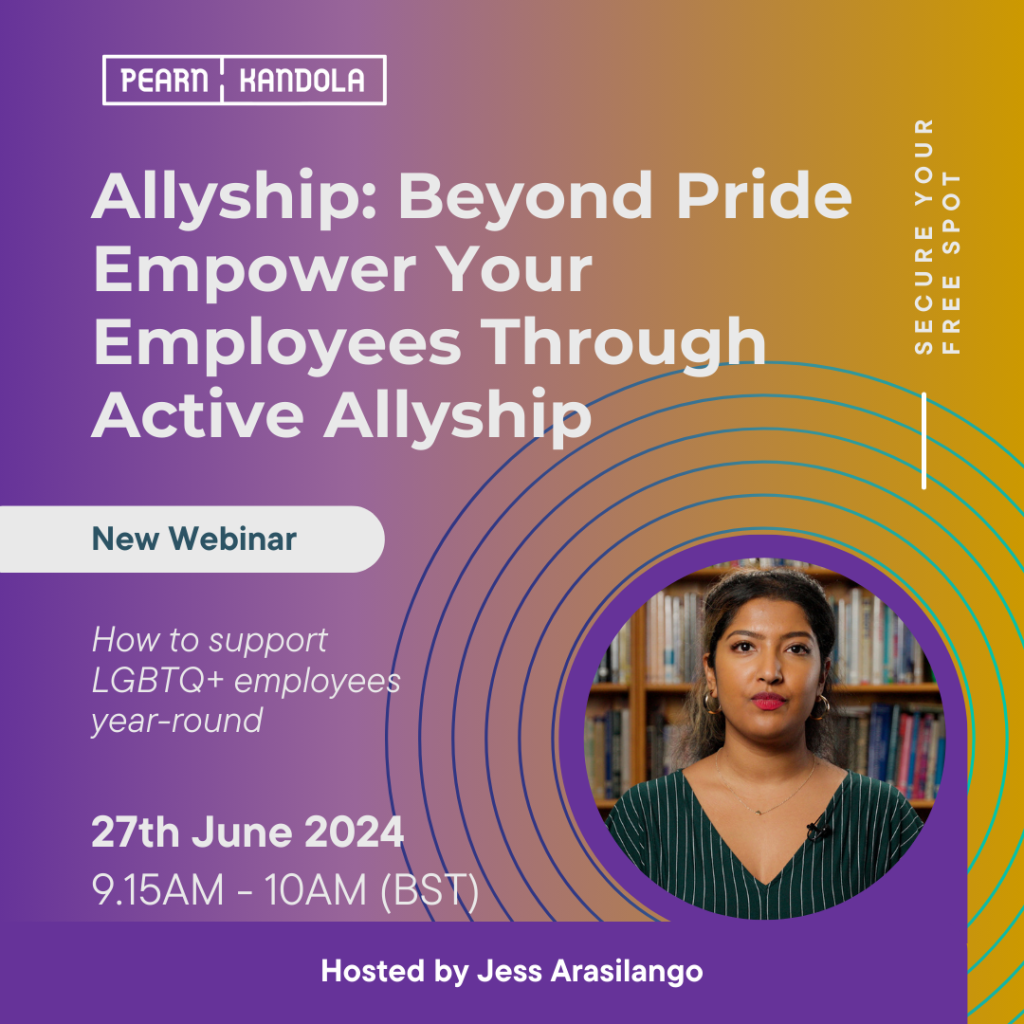At first glance, it may seem that for a leader to excel, they must possess a certain level of popularity to ensure they have support from their followers and are a source of inspiration and motivation.
Indeed leadership elections are often considered nothing more than a popularity competition.
However, popularity is not a simple concept, and not everyone strives for it the same way. Furthermore, for some leaders, popularity is not something they work to achieve – but receive as an outcome of their actions.
But what is it that makes a leader popular? And is it this popularity that creates a good leader?
How can leaders gain popularity?
Leaders can gain popularity by networking and bonding with others who share the same beliefs and interests. This is known as social identity theory, where people naturally find themselves in these groups of people who think like them. This is their in-group. People not a part of these groups are known as the out-group.
Grouping occurs based on a human’s natural tendency to find common ground and connect with others, even on seemingly insignificant matters. Groups can be formed based on anything, from the football clubs we support to the university we went to – even as ridiculous as our favourite ice cream flavours.
Research shows people treat others who belong to their in-group more favourably – and those in the out-group more negatively. In the context of leaders, a campaigner is more likely to gain favour and support by seeking this from the people within their in-group, leading to a quick rise in popularity.
But how can this popularity be a problem?
One area for concern is that this form of popularity has been built based on homophily, meaning the people in support of this leader all think alike and often share the same characteristics. While this can create a sense of unity and cohesion within the group, it may also limit the leader’s exposure to diverse perspectives and hinder their ability to make well-informed decisions, that consider broader interests and views.
The temptation for leaders to surround themselves with other in-group members can exacerbate this, increasing the risks of groupthink and limited diversity.
What else is associated with popularity in leadership?
Individuals who may appear charismatic can also become popular in leadership elections. Highly charismatic individuals often have compelling charm and can be seen to win over people quickly. Therefore, an individual with charisma is prone to appear as a natural leader and become popular through their warm and personable nature.
However, charisma doesn’t always equate to being a good leader and is, in fact, associated with those high in narcissism. The risk of a narcissistic leader using charisma is that the popularity and power that comes with leadership may be more important to them than being a good leader.
How can popularity be a negative thing?
When leaders prioritise popularity, it may hinder their ability to make hard decisions when faced with significant challenges. When faced with a choice between risking popularity for a better outcome, they may seek the option that maintains their popularity.
Furthermore, a leader only making decisions to serve their popularity may appear disingenuous as their followers become aware of their actions. Their efforts to remain popular may then have the opposite effect. As people become aware of the leader’s true motivations, their support may wane, with the leader becoming less popular. This inclination to prioritise personal validation over making the best possible choices can hinder a leader’s effectiveness and compromise the overall success of their accomplishments.
Does popularity equate to leadership effectiveness?
Ultimately whether a popular leader is a good leader depends on the actions of said individual. Leaders whose authentic actions create popularity are likely acting with integrity, with their followers in mind.
However, a leader who treats their leadership as a means to gain popularity may, over time, be less effective as their decisions are rooted in self-interest. Therefore, leaders who achieve popularity as an outcome of their actions are likely to be more effective than those who pursue popularity as a goal.
Popularity will arguably be something every leader must consider. However, how important this is to them may indicate how effective their leadership will be.
If you’re looking to create more effective and inclusive leaders, you may be interested in our Inclusive Leader programme. Please email us at info@pearnkandola.com for more information.








